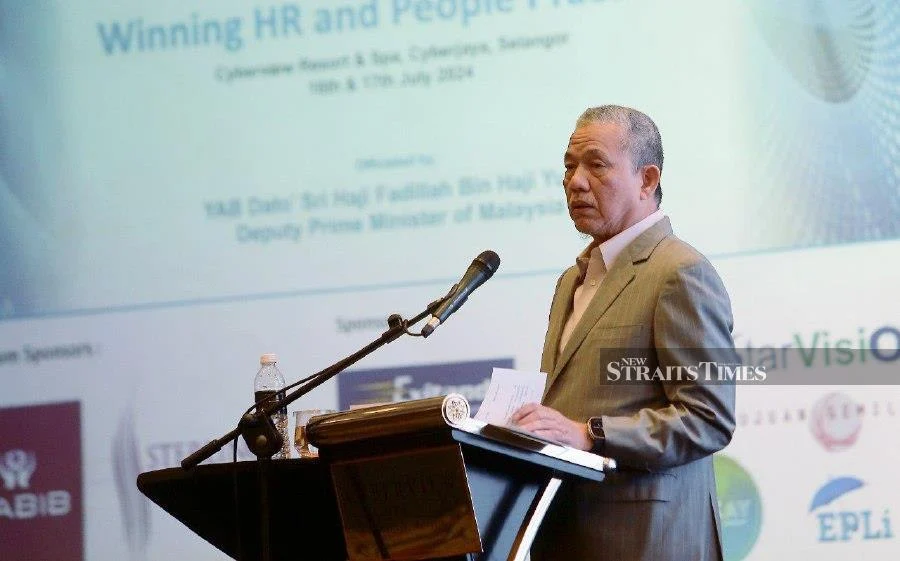Alternative Private Financing to Ensure Sustainability in Water Sector - Fadillah
- MTT Shipping
- Jul 16, 2024
- 2 min read
The government aims to introduce alternative private financing to ensure the financial sustainability of water sector programmes, thereby reducing dependency on government expenditure and strengthening resilience, said Deputy Prime Minister Datuk Seri Fadillah Yusof.
Fadillah who is also the Energy Transition and Water Transformation Minister said moving forward, the private sector involvement is crucial to meet the substantial investments required by the water sector transformation plan to ensure water security.
He said a united effort is required from both the public and private sectors to implement sustainable water management practices by embracing technological advancements, upgrading ageing infrastructure and promoting responsible consumption, which are critical steps to ensure the responsible and sustainable management of our water resources.
"It is our collective responsibility to ensure universal access to clean and safe water, regardless of background or circumstance as water security underpins justice, prosperity, and hope for a better future," he said in his keynote address at the Water Malaysia Specialised Conference and Exhibition 2024.
Organised by the Malaysian Water Association (MWA), the event provides a platform for officials and stakeholders from all water subsectors to discuss key issues for a more holistic water transformation leading to 2040.
In his keynote address, Fadillah also reiterated the strategic objectives of the transformation plan, including increasing clean water and sewerage coverage in rural areas by 98 per cent and reducing non-revenue water to 31 per cent by 2025.
Additionally, he said the Energy Transition and Water Transformation Ministry (Petra) will advocate to integrate cutting-edge technologies and robust infrastructure to reshape the water sector ecosystem.
"By embracing Malaysia's push towards IR 4.0 (Fourth Industrial Revolution), I am optimistic about our nation's capacity to adopt advanced technologies in bolstering our water management capabilities," he said.
To further unlock sustainable water management's full potential, Fadillah said the ministry will also develop a centralised water data and information centre which will serve as a reliable source of data crucial in calculating the national virtual water footprint and establishing a water footprint inventory across economic sectors.
"As such, data-driven decision-making, research and development, and public-private collaboration will be key in driving our transformation plan in fostering innovation and inclusivity," he said.
Fadillah said he is confident that by prioritising sustainability, financial resilience, and holistic approaches, the water transformation plan can pave the way for Malaysia's prosperous and secure future with the water sector as an economic enabler and growth engine.
In April, Fadillah announced that the ministry, in collaboration with The National Water Services Commission (SPAN), was poised to establish and devise a plan for implementing transformative measures in the water services sector.
Source: Bernama



Comments